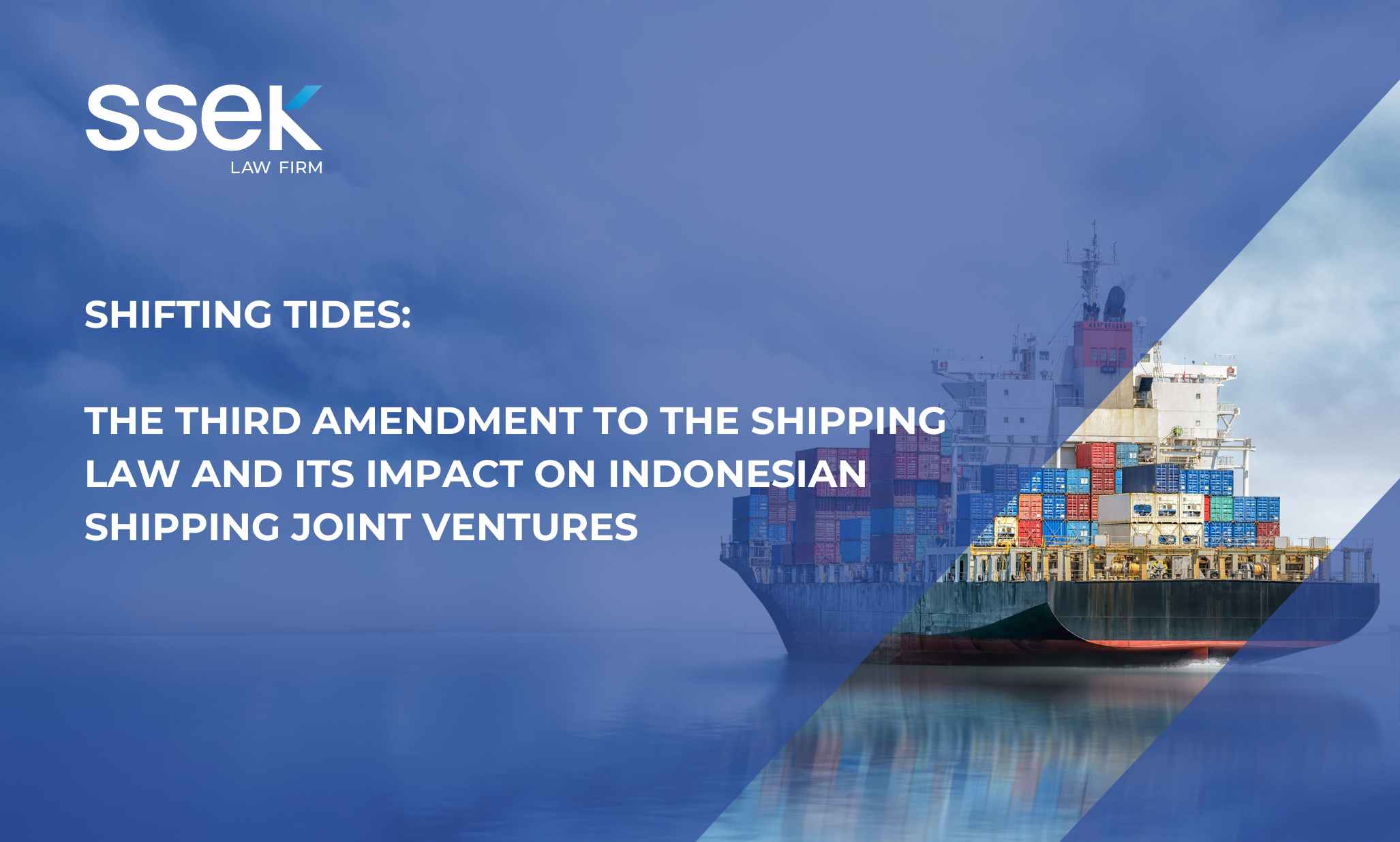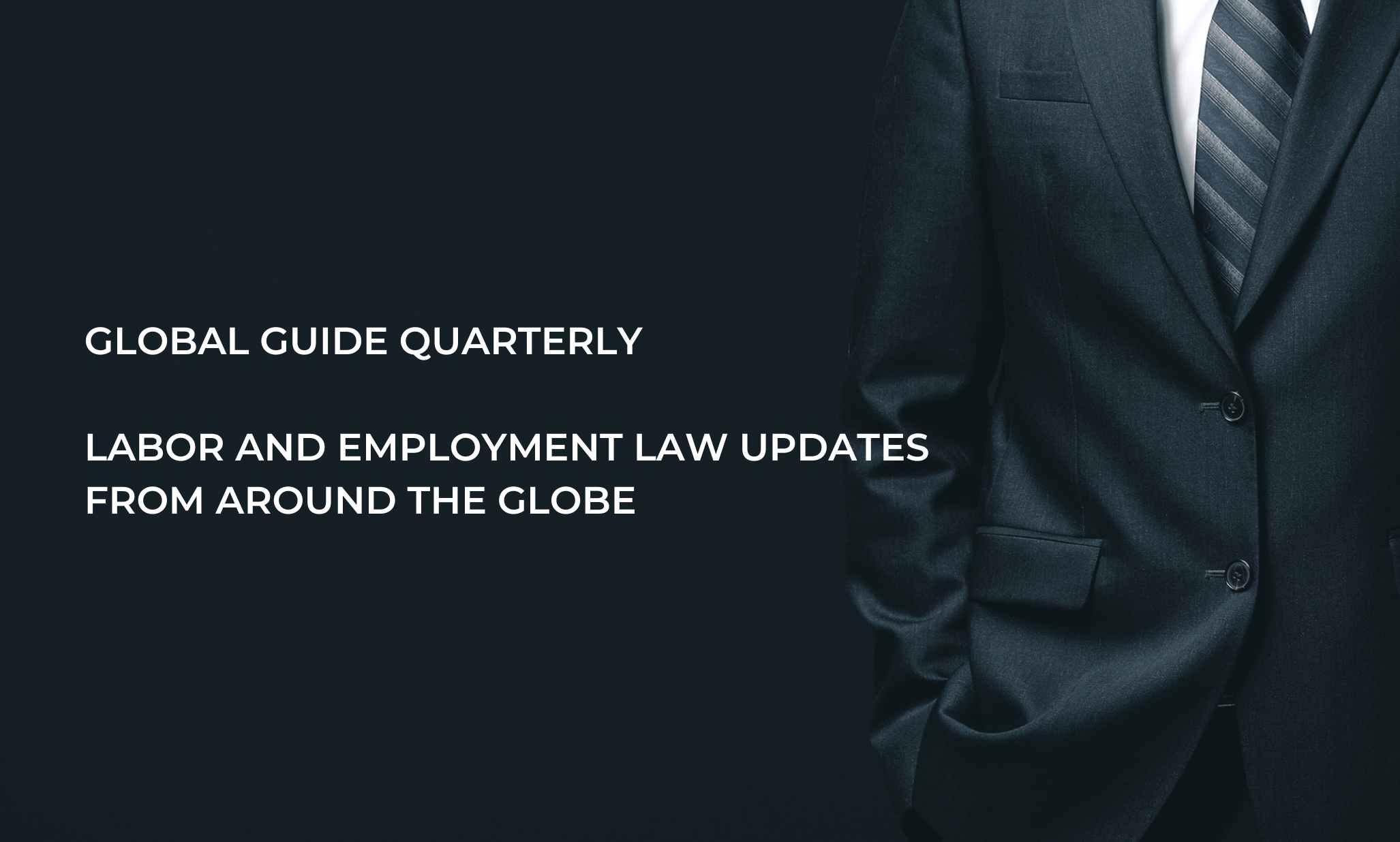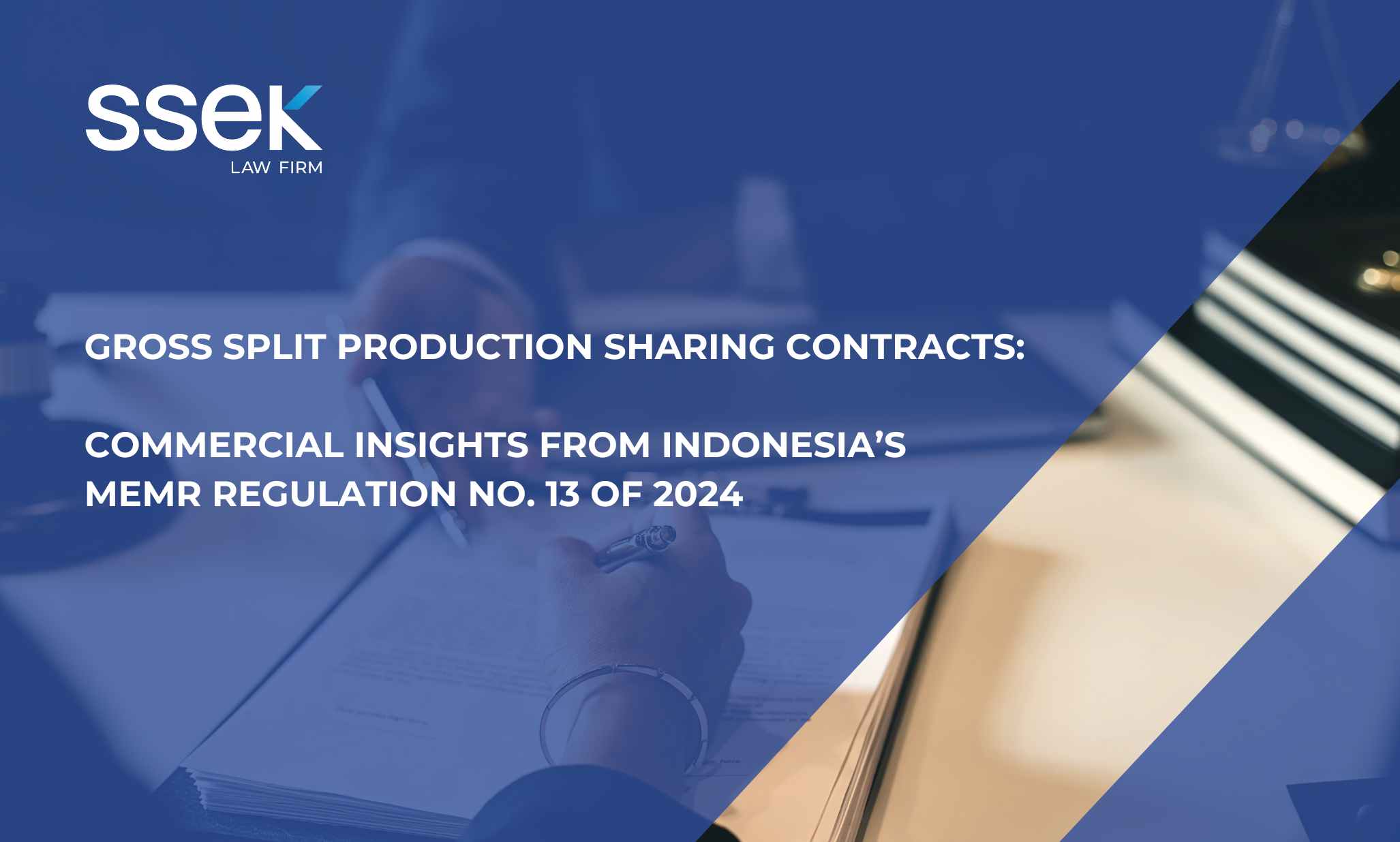

Expropriation in Indonesia is usually enforced on the basis of land procurement for the public interest. Public interest is defined by Law No. 2 of 2012 Regarding Procurement of Land for Development in the Public Interest (14 January 2012) as the interest of the nation, state and society that shall be implemented by the government for the maxi mum benefit of the people, but there is no further explanatory criteria as to what constitutes "public interest‚" The reasons behind nationalization or expropriation are subjective, but past cases of expropriation show that legitimate public interest objectives can include protection of public health, safety and the environment, and penalties for crimes.
There are two legal bases to protect foreign investors in Indonesia, ie Law No. 25 of 2007 Regarding Capital Investment (26 April 2007) (the Investment Law) and the ASEAN Comprehensive Investment Agreement (26 February 2009) (ACIA).
Pursuant to the Investment Law, the government of Indonesia will not, unless required by law, nationalize or take ownership of investors' assets. In the event that the government does so, it will provide compensation based on fair market value. If the government and the investor are unable to reach an agreement on fair market value the dispute shall be referred to arbitration.
Similarly, the ACIA, which is a multilateral investment treaty to which the Indonesian government is a party, protects ASEAN investors and their investments. Specifically, the ACIA provides protection from various measures that may be taken by host countries, including protection from expropriation, and the granting of fair market value compensation.
Forfeiture
Illegal activities conducted on a land area may entitle the government to impose administrative sanction on the person conducting such illegal activities, such as suspension of business activities or revocation of business license. It is unlikely that the government would also revoke title over the land and building, as long as the owner legally acquired such land and building, unless the gravity of the illegal activities justified the government taking action over such land and building on the basis of protection of public interest.
Pursuant to Minister of Agrarian Affairs Regulation No. 13 of 2017 Regarding Procedures for Blocking and Seizure (9 August 2017), seizure is conducted for the purpose of dispute settlement (ie, if the land is an object in a civil case or of a tax debt, or if it is required for the purpose of a criminal investigation). This seizure is without compensation.
The seizure will be lifted upon the following conditions:
- in a civil case, upon the issuance of a final and binding court decision that the lawsuit is rejected or inadmissible or that the seizure is lifted, or through a court stipulation on the removal or lifting of the seizure;
- in a criminal case, upon the issuance of an Order on Cessation of Investigation and an application for the lifting of seizure by the police, or if the case is resolved based on a final and binding court decision; or
- in a tax case, upon the settlement of outstanding tax, based on a court decision, or based on a judgment by a tax dispute resolution body or a stipulation by the relevant minister or regional government.
This first appeared in Lexology GTDT Real Estate 2021.
This publication is intended for informational purposes only and does not constitute legal advice. Any reliance on the material contained herein is at the user's own risk. All SSEK publications are copyrighted and may not be reproduced without the express written consent of SSEK.









